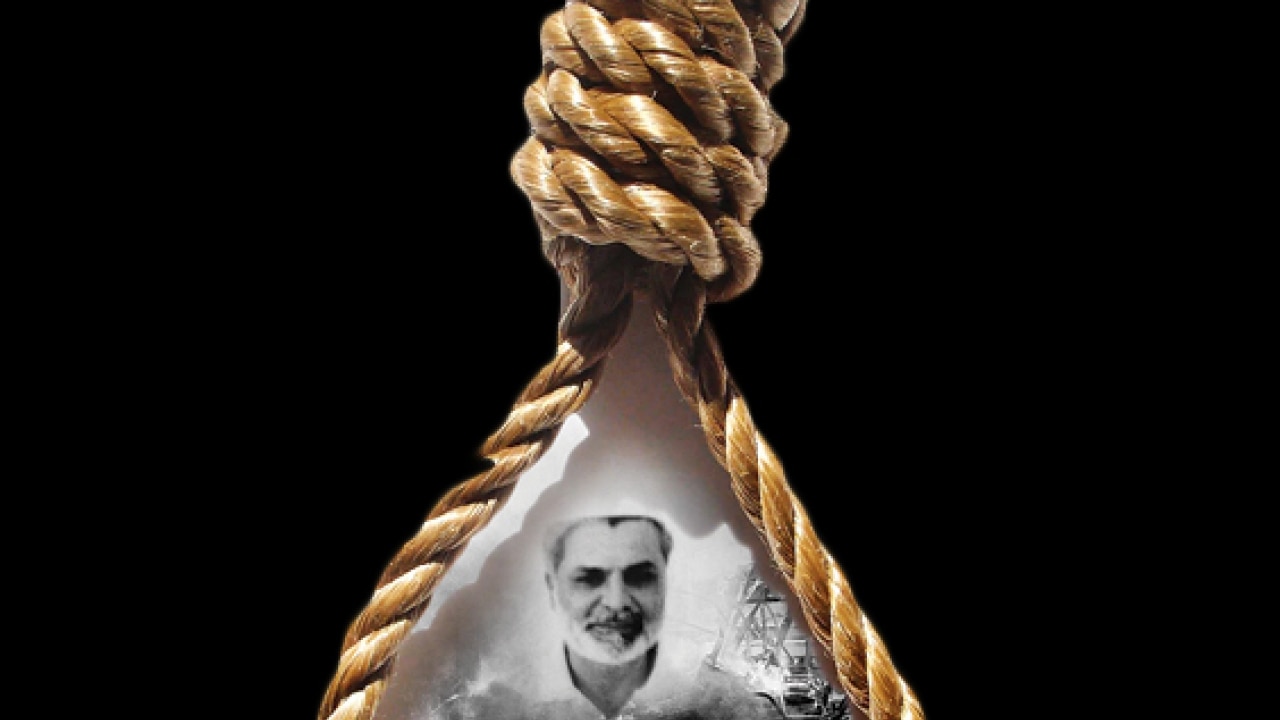
The false note of shrillness in the public debate that surrounded the hanging of Yakub Memon, the only accused to be sentenced to death in the 1993 Bombay Blasts Case, can be seen either as a deep rift in the polity and society, or it could be interpreted to mean that the shrillness reflected the vibrancy of Indian democracy, where everyone spoke their views with candour; even though the discourse did turn acrimonious time and again. Yakub Memon’s family had the opportunity to explore every legal remedy. In fact, the last hearing of the Supreme Court took place in the wee hours of Thursday morning — the day Yakub was hanged at Nagpur jail.
Critics may say that the doors of the court were open, but its mind was closed. It may be quite unfair to blame the court for having made up its mind because of its refusal to revisit its earlier decision. All that we can say is that the judges did what they could without claiming to be infallible. It is possible that the loud debate on what was right and what was wrong about the apex court refusing to revise its decision of upholding the death sentence of Yakub will not end, at least not in the legal circles. But that is as it should be because no legal decision holds for all times to come. The court may — in future — revise its stand in a case which is similar to that of Yakub.
It will be salutary to remember that Yakub and his family have accepted the legal decision despite their dissatisfaction with it. Yakub is reported to have said that the Supreme Court did not do him justice and that it ignored the fact of his educated background. It is a natural response of a man in the dock and condemned to die. The Memons did not reject the judicial system and its procedures. The media and the members of the public must allow the family to mourn the dead family member away from the public glare.
The executive in its role as the active arm of the State had an important role to play in this case. When President Pranab Mukherjee had rejected the mercy petition of Yakub Memon twice, he did not do so in his personal capacity. It was the government which had advised him to do so, and Mukherjee’s decision is indeed the decision of the Narendra Modi government. There is, however, continuity in policy. The prosecution pressed for the death sentence of the accused when the Congress was in power in Maharashtra and at the Centre. Government, it appears, had no compunction in seeking the death sentence of the guilty in the Bombay Blasts Case.
So, the BJP government should not take the ‘credit’ for having adopted a no-nonsense stand with regard to those convicted of terror acts. By the same measure, the critics of BJP cannot hold the party solely responsible for its inflexible policy towards terror convicts. There is no denying the clear possibility that BJP leaders would use the hanging of Yakub Memon as an example of its government to deal firmly with the challenge of terrorism. This would be nothing more than a rhetorical flourish which could fetch electoral brownie points.
Yakub Memon’s hanging belongs to the cycle of vicious partisan politics with communal overtones that was played out by the BJP and its ideological allies, the Shiv Sena, the VHP and the Bajrang Dal on the one hand, and the Babri Masjid Action Committee (BMAC) on the other over the Babri Masjid-Ramjanmabhoomi dispute in Ayodhya in the early 1990s. It would be intellectual timidity not to face up to the chain of events and view the poisoned atmosphere in perspective. No party can or should hope to play up those dangerous issues again. The Babri Masjid demolition finds no resonance among the Muslims today, nor does the issue of the Ram temple in Ayodhya among the Hindus. The country has moved on.